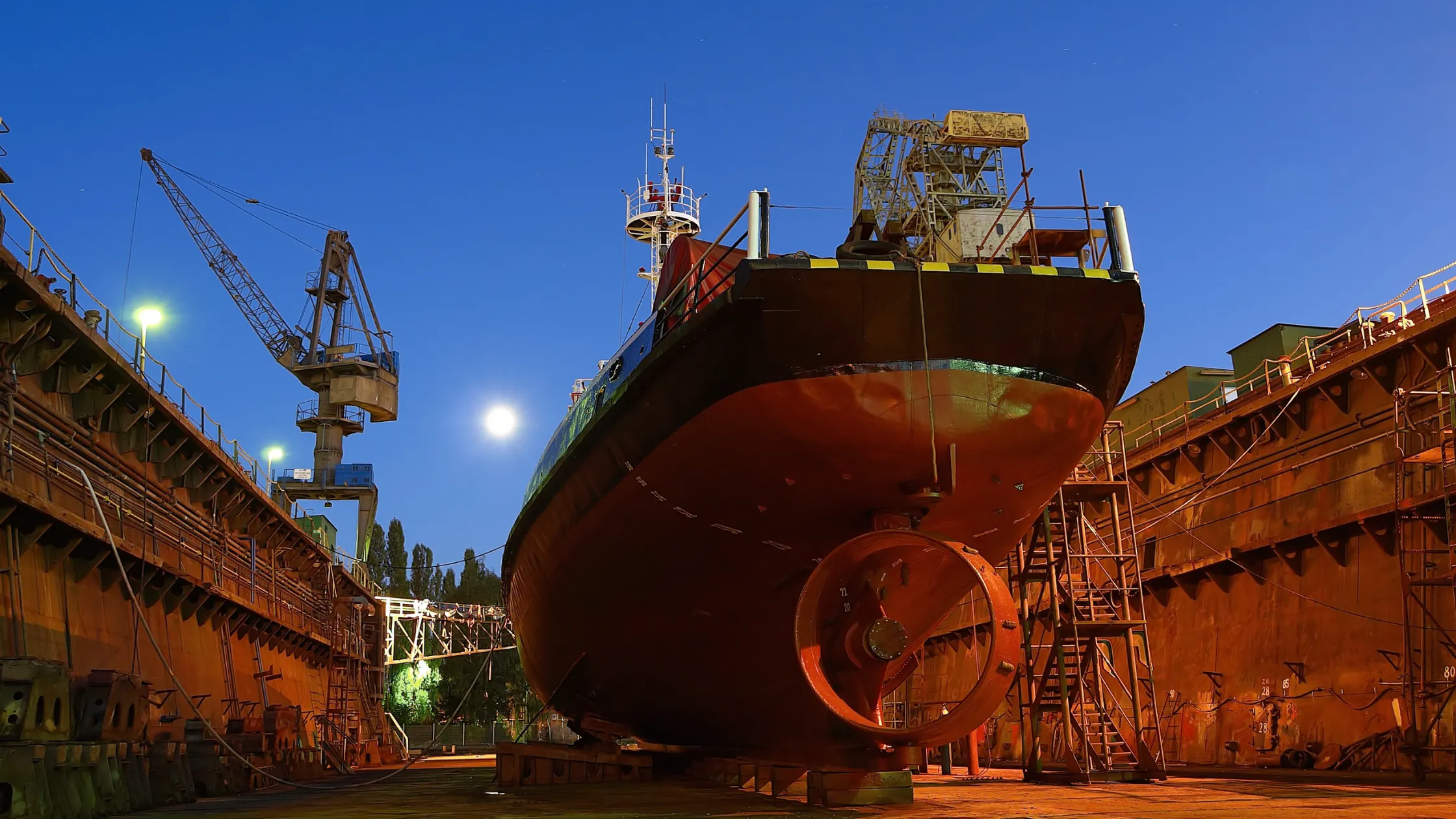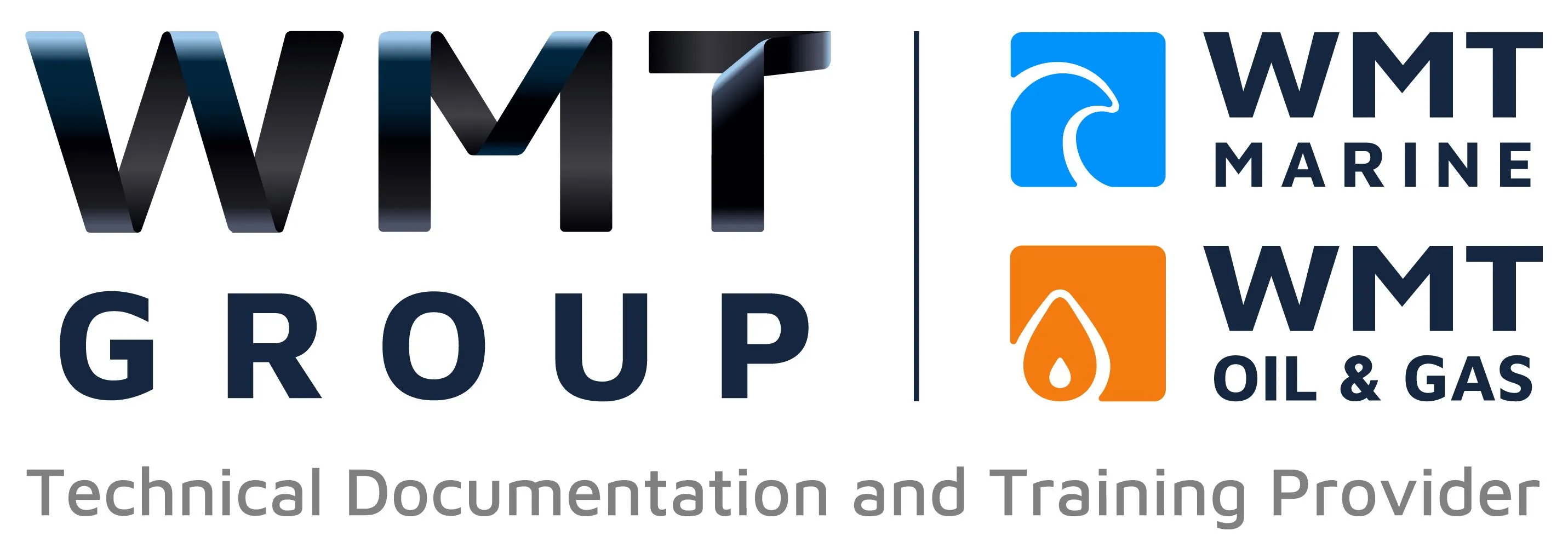Technical Writing Services for Shipbuilding Companies: Why They Matter

Shipbuilding is a complex industry that relies on precision, compliance, and clear communication. From design specifications to operational manuals, technical documents play a crucial role in ensuring safety, efficiency, and regulatory compliance.
That’s where technical writing services for shipbuilding companies come in. These specialised services help shipbuilders create accurate, structured, and user-friendly documentation for every stage of a vessel’s lifecycle.
In this guide, we’ll explore the importance of technical writing in shipbuilding, the types of documents required, and how expert technical writers can enhance efficiency and compliance.
Why Shipbuilding Companies Need Technical Writing Services
Shipbuilding involves multiple stakeholders—from engineers and designers to regulatory bodies and end-users. Clear and well-organised documentation is essential for:
✅ Ensuring Compliance – Meeting international maritime regulations (IMO, SOLAS, ISO).
✅ Improving Safety – Providing precise guidelines for vessel operation and maintenance.
✅ Enhancing Efficiency – Streamlining ship construction, testing, and handover procedures.
✅ Reducing Errors – Minimising misinterpretation in blueprints, manuals, and reports.
✅ Supporting Crew Training – Helping seafarers understand vessel systems and protocols.
Without professional technical writing, shipbuilding companies risk regulatory breaches, safety hazards, and operational inefficiencies.
Types of Technical Documents in Shipbuilding
Professional technical writing services help shipbuilders create a wide range of documents, including:
1. Ship Design and Engineering Documents
- Technical Specifications – Defining ship dimensions, materials, and performance requirements.
- Blueprints and CAD Documentation – Explaining structural and mechanical designs.
- Hydrodynamic Analysis Reports – Documenting ship stability and efficiency.
2. Shipbuilding Process Documentation
- Project Plans and Work Instructions – Step-by-step guides for ship assembly.
- Welding and Fabrication Manuals – Detailed procedures for structural integrity.
- Quality Control Checklists – Ensuring all ship components meet industry standards.
3. Operational and Safety Manuals
- Ship Operation Manuals – Instructions for navigation, propulsion, and onboard systems.
- Safety Management System (SMS) Documents – Meeting ISM Code requirements.
- Emergency Response Procedures – Step-by-step protocols for crisis management.
4. Maintenance and Troubleshooting Guides
- Preventative Maintenance Schedules – Regular checks to ensure vessel longevity.
- Troubleshooting Manuals – Helping engineers diagnose and fix common issues.
- Parts Catalogues – Listing components for easy replacement and repair.
5. Regulatory Compliance Documentation
- IMO and SOLAS Compliance Reports – Meeting international maritime safety laws.
- Classification Society Reports – DNV, Lloyd’s Register, ABS, and other classification requirements.
- Environmental Compliance Records – Addressing emissions, ballast water treatment, and waste disposal.
6. Training and Crew Documentation
- Seafarer Training Manuals – Ensuring crews are familiar with ship systems.
- Onboard Safety Inductions – Helping new crew members understand safety protocols.
- eLearning Modules – Digital training materials for interactive learning.
Each of these documents requires technical precision, clarity, and adherence to regulatory standards—which is where professional technical writing services prove invaluable.
Key Benefits of Professional Technical Writing Services
1. Ensuring Regulatory Compliance
Technical writers stay updated on maritime regulations, classification standards, and industry best practices, ensuring that all documentation meets legal requirements.
2. Improving Document Clarity and Readability
Shipbuilding documents must be precise and easy to understand. Professional writers use:
✔ Plain language to make complex concepts accessible.
✔ Consistent formatting for structured navigation.
✔ Diagrams, tables, and flowcharts to support written content.
3. Reducing Costs and Errors
Poorly written technical documents can lead to costly errors, rework, and safety risks. Clear documentation helps prevent:
❌ Misinterpretation of technical requirements.
❌ Operational delays due to missing information.
❌ Safety incidents caused by unclear instructions.
4. Enhancing Efficiency in Shipbuilding Projects
With well-structured documentation, shipbuilding teams can:
⚓ Accelerate production timelines by following clear guidelines.
⚓ Improve communication between departments.
⚓ Reduce training time for new employees and crew members.
5. Supporting Digital Transformation
Many shipbuilding companies are moving towards digital documentation. Professional technical writers:
📌 Develop interactive PDFs and web-based manuals.
📌 Implement cloud-based documentation systems for easy access.
📌 Integrate with ship management software for real-time updates.
Choosing the Right Technical Writing Service for Shipbuilding
When selecting a technical writing service for your shipbuilding company, look for:
✅ Industry Expertise – Writers with a background in maritime engineering and ship design.
✅ Regulatory Knowledge – Familiarity with IMO, SOLAS, and classification society standards.
✅ Technical Proficiency – Ability to interpret blueprints, schematics, and engineering reports.
✅ Digital Documentation Capabilities – Experience with e-manuals, cloud platforms, and interactive guides.
✅ Proven Track Record – Case studies and client testimonials from the maritime sector.
By partnering with experienced technical writers, shipbuilding companies can create high-quality documentation that enhances compliance, safety, and operational efficiency.
Final Thoughts
Technical writing is a critical component of shipbuilding, supporting every stage from design and construction to operation and maintenance. By investing in professional technical writing services, shipbuilding companies can ensure their documentation is clear, compliant, and effective—ultimately improving safety, efficiency, and cost management.
Whether you need detailed engineering manuals, regulatory compliance reports, or interactive digital documentation, technical writing services can help your shipbuilding projects stay on course.
